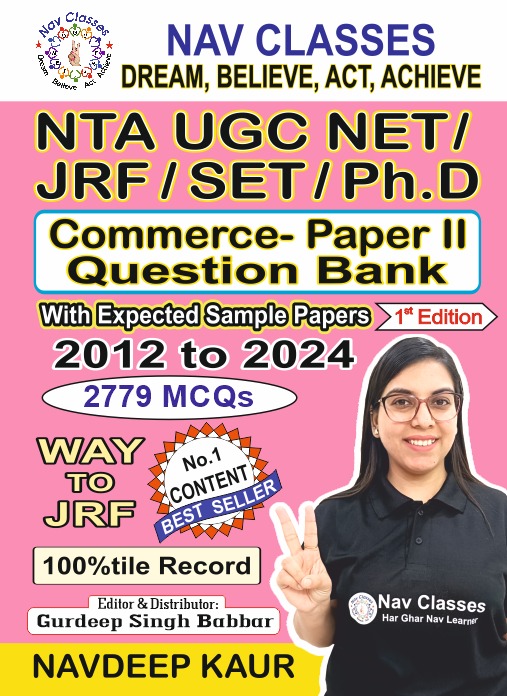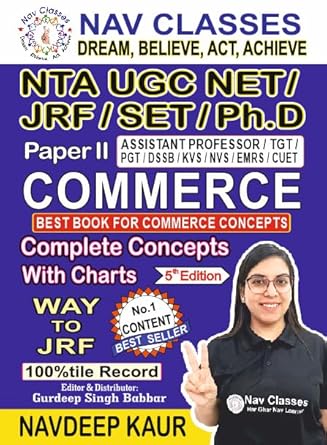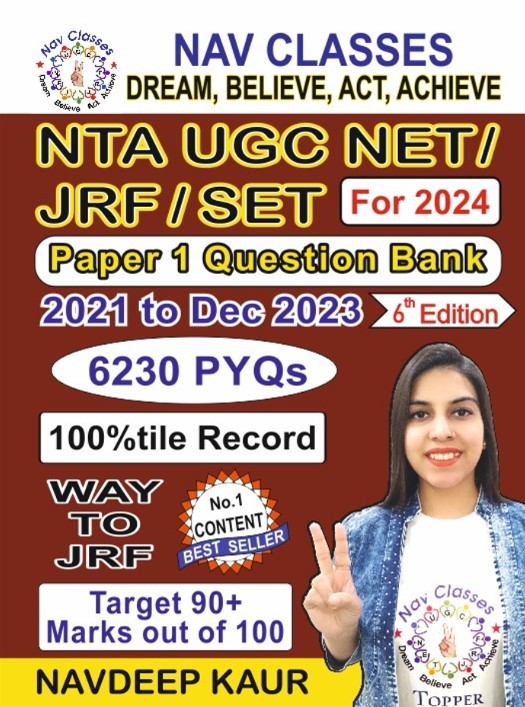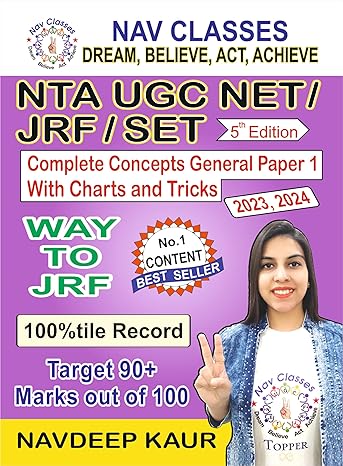📢 UGC New Notification: Major Changes in Professor Eligibility Rules!
🔥 New Rules to Become a Professor 🔥
✅ API Score Criteria Changed: Moving beyond just publication counts, the UGC is now focusing on a holistic evaluation that values teaching quality, real-world contributions, and industry partnerships! 🏆
✅ Graduates Can Also Apply: Candidates with a four-year bachelor’s degree can now qualify to become Assistant Professors, bringing India in line with global standards 🌏
✅ Focus on Interdisciplinary Expertise: UGC will consider diverse skills and multidisciplinary qualifications for faculty positions, breaking the strict boundaries of traditional disciplines 🎓
✅ Industry Experience Counts: Faculty recruitment will now prioritize real-world skills and industry collaborations, fostering a more dynamic learning environment for students 🤝
Stay tuned for more updates and prepare for a new era in higher education! 🚀
1. Need for Change in Faculty Recruitment
- UGC aims to improve global competitiveness and the quality of education in Indian HEIs.
- Current recruitment processes emphasize publication counts and quantifiable metrics, limiting academic contributions to narrow criteria.
2. Challenges in the Current System
- Overemphasis on Publications: The existing Academic Performance Indicators (API) prioritize quantity of publications over quality and relevance.
- Rigid Discipline Boundaries: Faculty are evaluated within strict disciplinary lines, discouraging interdisciplinary research and innovation.
- Lack of Incentive for Real-World Engagement: The current system does not sufficiently reward faculty for industry collaborations, socially relevant research, or entrepreneurial activities.
3. UGC’s Vision for Balanced Recruitment
- Focus on a holistic evaluation that values contributions beyond publications, including:
- Teaching methodologies and innovation.
- Student engagement and experiential learning.
- Industry partnerships and community engagement.
- Encourage faculty to work on socially relevant projects that benefit both students and society.
4. Alignment with Global Standards
- UGC proposes allowing candidates with a four-year bachelor’s degree (without a postgraduate degree) to qualify for assistant professor roles.
- Facilitate cross-disciplinary recruitment to attract scholars with diverse expertise, breaking down rigid discipline boundaries.
5. Addressing the Skills Gap in Graduates
- By encouraging a broader scope of teaching and research activities, HEIs can better prepare graduates with skills and competencies relevant to the modern workforce.
- Faculty with real-world experience and industry connections can play a critical role in transforming education to meet today’s demands.
6. Greater Autonomy for HEIs
- The new framework would grant HEIs greater freedom in selecting faculty members based on a more holistic assessment of qualifications and potential.
- HEIs would be encouraged to consider external experts and industry leaders in the evaluation of faculty candidates.
7. Public Feedback and Next Steps
- The proposed reforms are open for public feedback, allowing stakeholders to contribute to the drafting of new regulations.
- UGC plans to implement the revised regulations in the coming months to foster a more inclusive and dynamic educational ecosystem in India.







